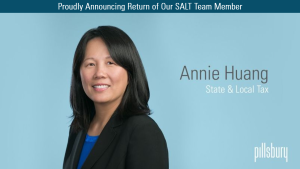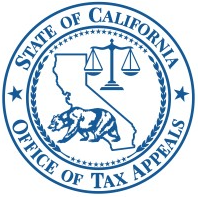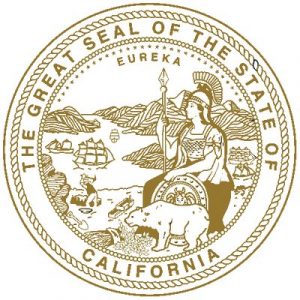Pillsbury SALT is excited to welcome back Annie H. Huang to the team!

Annie’s experience focuses on state and local tax matters, including corporate franchise and income, personal income, sales and use, and gross receipts and other local taxes.
Annie brings not only strong legal experience but also a genuine enthusiasm for building relationships and supporting clients through complex challenges.
She joins Pillsbury’s San Francisco office as a partner. Read more here.
 SeeSALT Blog
SeeSALT Blog








 California’s Court of Appeal held a local sales tax ordinance (Measure K) was a general tax, not a special tax, and therefore its adoption did not require a two-thirds vote (supermajority) under California’s Constitution. A tax is “special” and therefore would require a two-thirds vote, when the expenditure of its revenues is dedicated to a specific project or projects. The plaintiffs argued that Measure K was a special tax because the funds were earmarked for the funding of the county’s public safety services and essential services. The Court of Appeal disagreed, concluding tax proceeds that are deposited in a separate account for unspecified “other essential services” could be used for any and all government services that qualify as an “essential service” and are therefore not dedicated to a specific project or purpose, indicative of a general tax. Thus, the court held Measure K was valid.
California’s Court of Appeal held a local sales tax ordinance (Measure K) was a general tax, not a special tax, and therefore its adoption did not require a two-thirds vote (supermajority) under California’s Constitution. A tax is “special” and therefore would require a two-thirds vote, when the expenditure of its revenues is dedicated to a specific project or projects. The plaintiffs argued that Measure K was a special tax because the funds were earmarked for the funding of the county’s public safety services and essential services. The Court of Appeal disagreed, concluding tax proceeds that are deposited in a separate account for unspecified “other essential services” could be used for any and all government services that qualify as an “essential service” and are therefore not dedicated to a specific project or purpose, indicative of a general tax. Thus, the court held Measure K was valid.